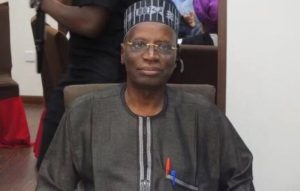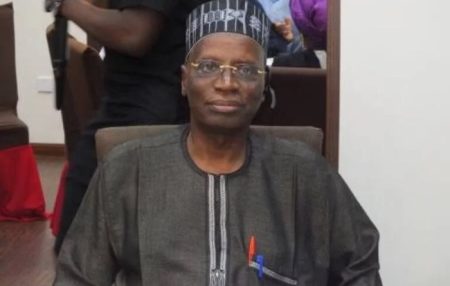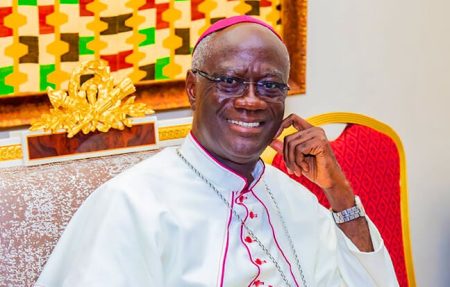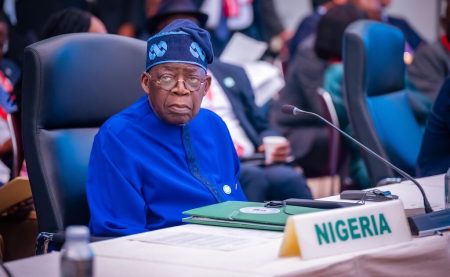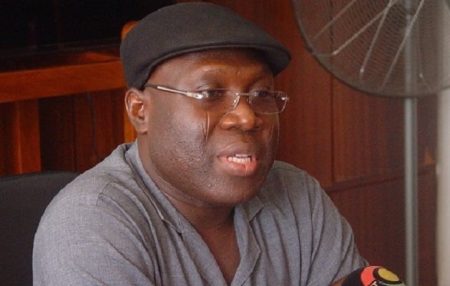The pursuit of accountability for former Finance Minister Ken Ofori-Atta has taken a significant turn, with private legal practitioner Martin Kpebu offering insights into the complexities of the extradition process while emphasizing the importance of Ghana’s unwavering commitment to justice. Ofori-Atta, declared a fugitive from justice by the Office of the Special Prosecutor (OSP), has repeatedly ignored summons to appear for questioning, prompting the OSP to explore international avenues for his apprehension. Kpebu, speaking on TV3’s Key Points, acknowledged the potential difficulties in extraditing Ofori-Atta, particularly given the intricate legal and diplomatic procedures involved, but underscored the necessity of holding him accountable for his actions. The OSP’s decision to petition INTERPOL for a red notice marks a crucial step in the pursuit of justice.
The OSP’s declaration of Ofori-Atta as a fugitive stems from his persistent refusal to cooperate with investigations. Despite multiple summons requiring his personal appearance, the former minister has failed to comply, prompting the OSP to escalate the matter by seeking international assistance. This move signifies the seriousness of the allegations against Ofori-Atta and the OSP’s unwavering determination to ensure accountability. Kpebu’s assessment highlights the inherent challenges in extradition cases, which often require extensive negotiations and adherence to complex legal frameworks. He expressed hope that the American government, where Ofori-Atta is believed to be residing, will cooperate with Ghanaian authorities to facilitate his return. This cooperation is essential for the success of the extradition process and for ensuring that Ofori-Atta faces the legal proceedings against him.
The issuance of a red notice by INTERPOL, if granted, would be a significant development in the pursuit of Ofori-Atta. A red notice serves as an international arrest warrant, alerting law enforcement agencies worldwide to locate and provisionally arrest an individual pending extradition. This would significantly restrict Ofori-Atta’s movement and increase the likelihood of his apprehension. However, Kpebu cautions against complacency, emphasizing that even with a red notice, the extradition process remains intricate and subject to various legal and political factors. The success of the extradition will depend on the cooperation of the countries involved and the adherence to established international legal procedures. Kpebu’s warning serves as a reminder of the potential hurdles ahead, even as Ghana takes decisive steps towards holding Ofori-Atta accountable.
The emphasis on accountability in Ofori-Atta’s case reflects a broader commitment to transparency and good governance in Ghana. Holding high-ranking officials accountable for their actions is crucial for maintaining public trust and ensuring the integrity of public institutions. Kpebu’s insistence on pursuing justice, despite the potential complexities, underscores the importance of this principle. The efforts to extradite Ofori-Atta send a clear message that no one is above the law and that those suspected of wrongdoing will be held accountable, irrespective of their position or influence. This pursuit of justice is not merely about Ofori-Atta as an individual but about upholding the rule of law and reinforcing the principle of accountability within the government.
The case against Ofori-Atta and the subsequent efforts to extradite him are likely to have significant implications for Ghana’s political landscape. The pursuit of a former finance minister sends a strong signal about the government’s commitment to tackling corruption and promoting good governance. However, the process may also be fraught with political sensitivities and potential challenges. Navigating these intricacies will require careful legal and diplomatic maneuvering. The outcome of the extradition process will likely be closely watched, both domestically and internationally, as it will set a precedent for future cases involving high-profile individuals accused of wrongdoing.
The ongoing efforts to extradite Ken Ofori-Atta mark a pivotal moment in Ghana’s pursuit of accountability and justice. The complexities of the extradition process, coupled with the potential for political ramifications, underscore the significance of this case. While the challenges ahead are undeniable, the determination to hold Ofori-Atta accountable sends a resounding message about the rule of law and the importance of transparency in governance. The outcome of this pursuit will undoubtedly have a lasting impact on Ghana’s political and legal landscape, shaping future approaches to tackling corruption and ensuring accountability at the highest levels of power. The international dimension of the case, involving INTERPOL and the cooperation of other nations, further emphasizes the global reach of justice and the commitment to upholding the principles of accountability and transparency across borders.


